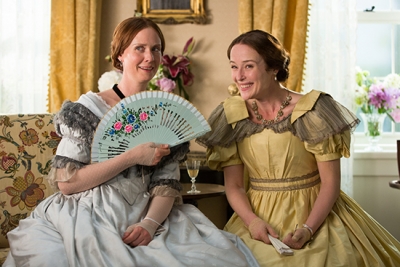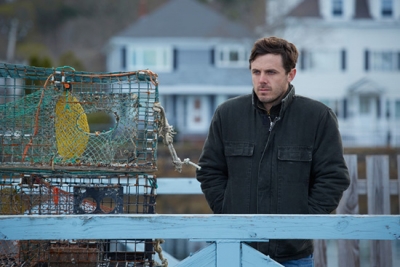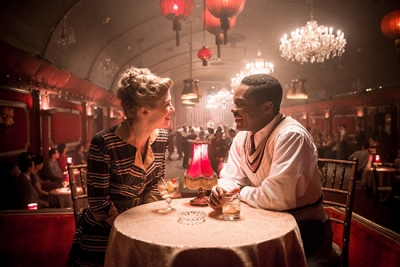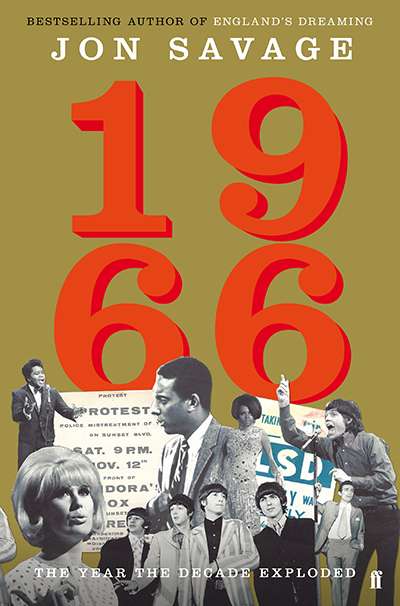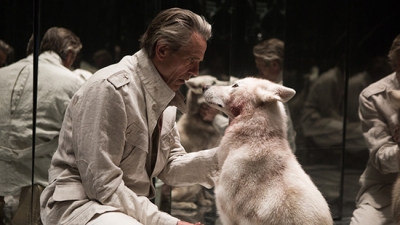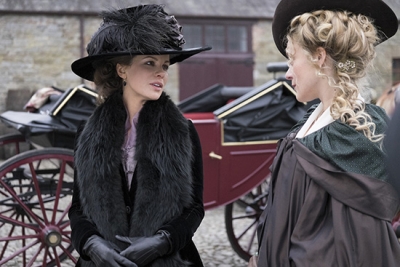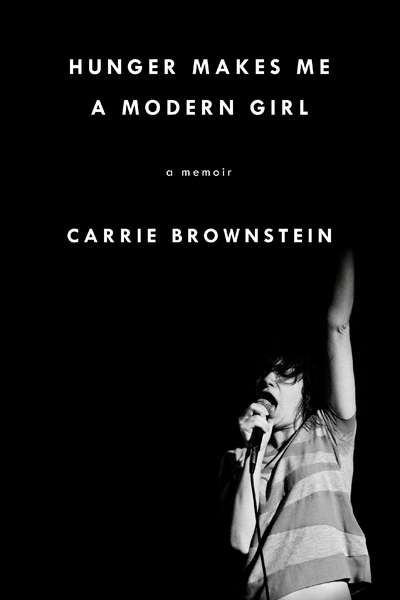Anwen Crawford

Anwen Crawford is the author of No Document (Giramondo, 2021), shortlisted for the 2022 Stella Prize, and Live Through This (Bloomsbury, 2015). Her work has appeared in publications including The Monthly, The New Yorker, The White Review and Sydney Review of Books, and in 2021 she won the Pascall Prize for Arts Criticism. She is a long-time zine maker and collaborative visual artist. She lives in Sydney.
Nathalie Chazeaux (Isabelle Huppert) is a married professor of philosophy, with two adult children, a sunny, book-lined Parisian apartment, and several published works to her name. Success has granted her self-assurance, at least in public. Early in Things to Come (or L’Avenir, to give the film’s French title), we watch her cross a student picket line without compunction, the arguments of the ... (read more)
Australian director Cate Shortland has made three feature films about young women who find themselves out of their depths. Her first, Somersault (2004), set in wintry Jindabyne, featured Abbie Cornish in an early and memorable role as a troubled teenage runaway. Lore (2012) was adapted from Rachel Seiffert’s Booker-shortlisted novel The Dark Room; its titular character, the daughter of Nazis, mu ... (read more)
A man steers a fishing vessel through grey-blue seas off the coast of wintry Massachusetts, while another man chats with a young boy in a life jacket. The camera keeps its distance, the three figures aboard the boat framed by a wide horizon, but we soon perceive that the boy is son to the man at the boat’s helm, and nephew to the other man. ‘If you could take one guy to an island with you,’ ... (read more)
In London, 1947, a young white English woman named Ruth Williams (Rosamund Pike), of modest background, meets an ordinary-seeming young black man named Seretse Khama (David Oyelowo) at a dance. They go on a few dates, swap jazz records, and then, in short order, the young man reveals to the young woman that he is an African king and proposes marriage to her. She accepts him immediately.
This is t ... (read more)
In March of 1966, Los Angeles rock group The Byrds released their sixth single, a song called 'Eight Miles High'. It was, writes Jon Savage, a song that combined 'two staples of sixties minority taste: free jazz and Indian classical music'. The arrangement was spacious, but the mood was uneasy: a twelve-string guitar part evoked the sour, droning tone of a sitar. The lyrics, chiefly written by ban ... (read more)
High-Rise has been a long time coming to the cinema screen. J.G. Ballard's novel of the same name has been slated for adaptation almost since it was published in 1975: director Nicolas Roeg (Walkabout, The Man Who Fell to Earth) was provisionally attached to the project in the late 1970s, as was, more recently, Canadian science-fiction director Vincenzo Natali (Cube, Splice). It has taken British ... (read more)
'I have no money and no husband,' comments Lady Susan Vernon (Kate Beckinsale) in Love and Friendship, Whit Stillman's adaptation of Jane Austen's novella, Lady Susan. The dilemma is common both to Austen's heroines and to this American director's: his five films have charted the romantic fortunes of young bourgeois women whose allowances won't quite support their aspirations, and whose relationsh ... (read more)
Sleater-Kinney, an American rock trio, are closely associated with the cities of Olympia and Portland, in the Pacific Northwest. In the mid-1990s, when Sleater-Kinney formed, the region was home to a thriving, if somewhat puritan, independent music scene, one in which participants prided themselves on their distance – both geographic and cultural – from the mainstream. The scene was politicise ... (read more)

